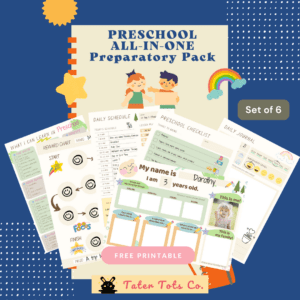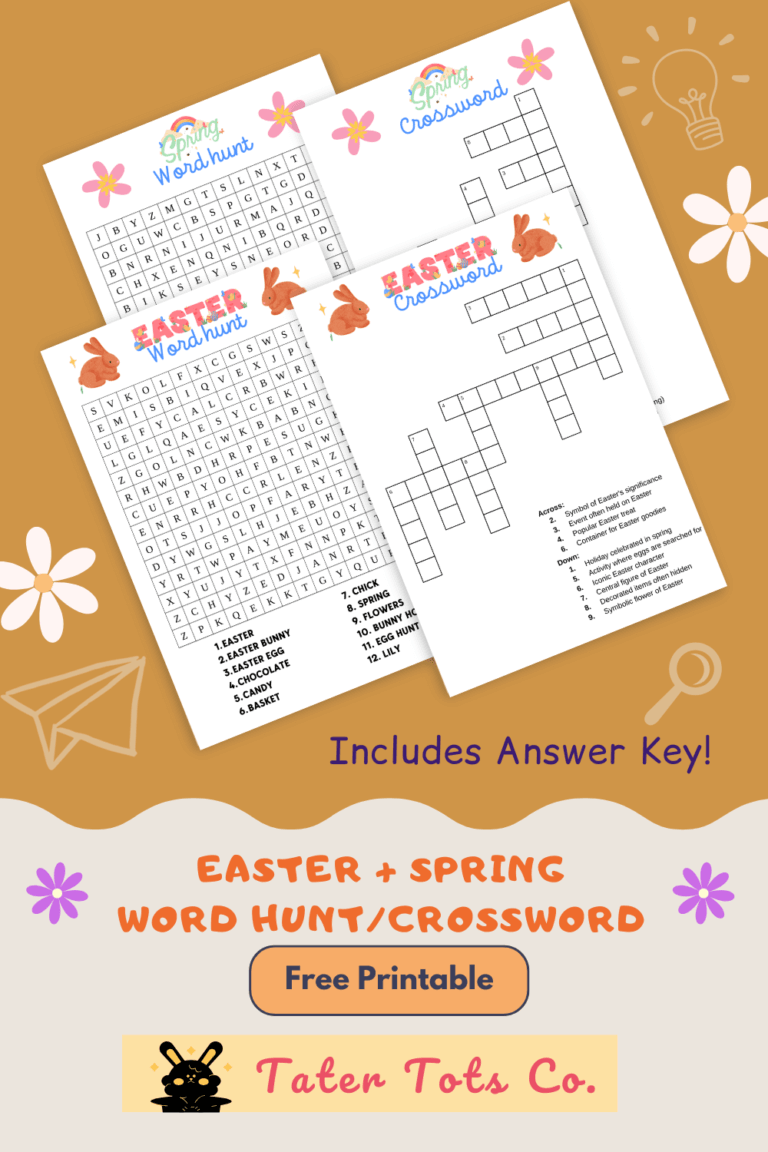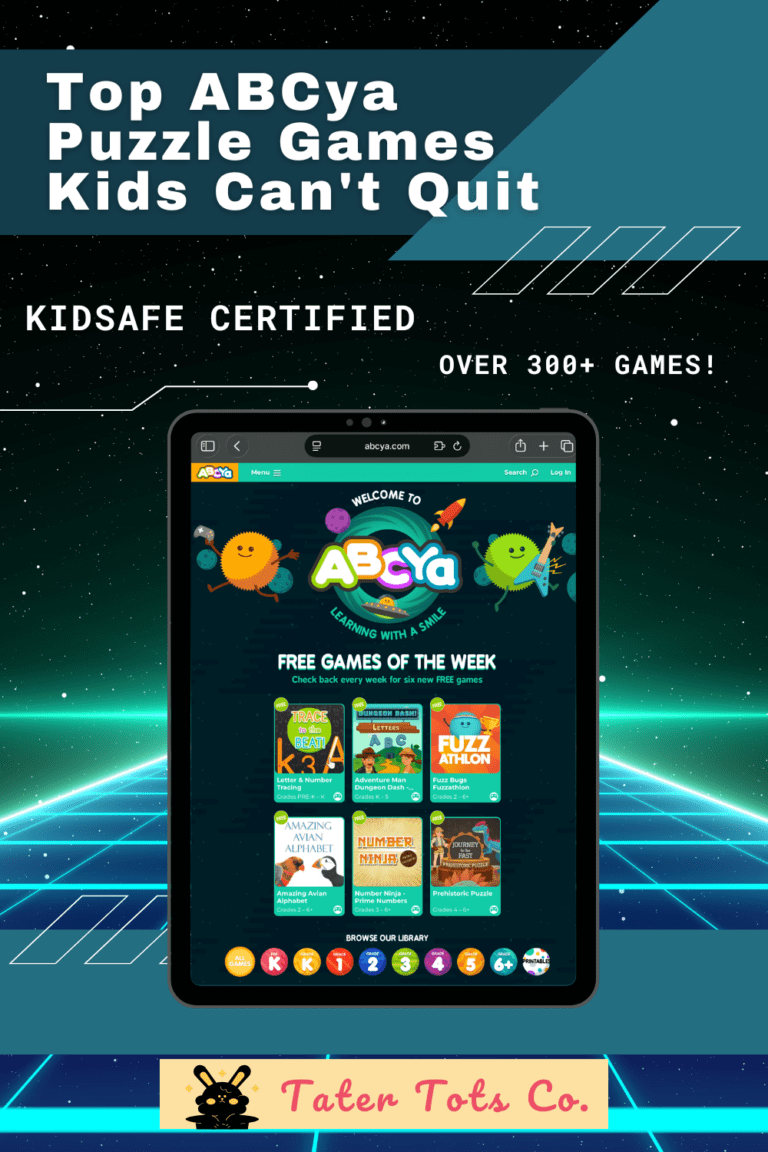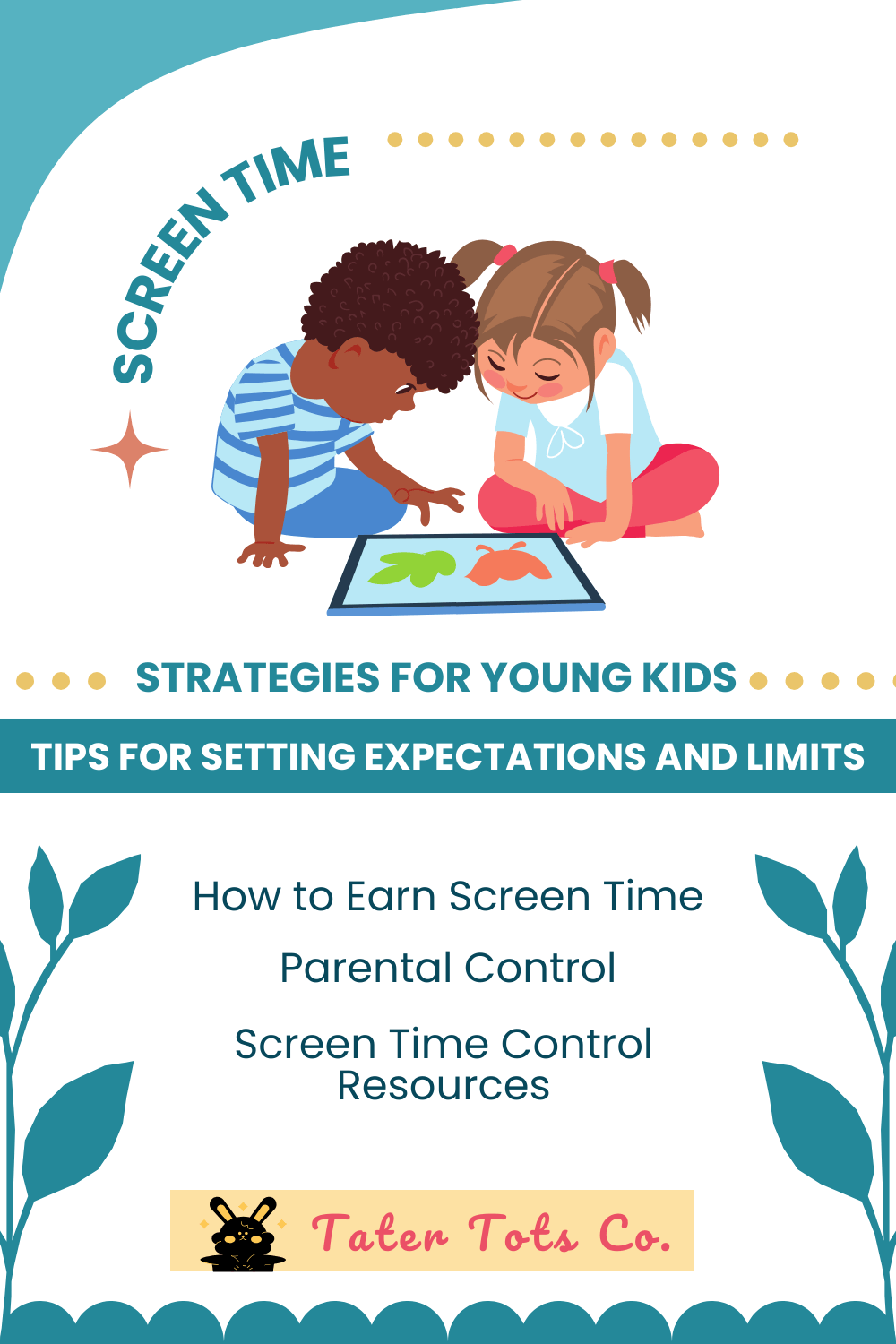
Introduction
In today’s digital age, screens are everywhere. From smartphones to tablets, our little ones are growing up in a world where digital interaction is the norm. However, as parents and caregivers, it’s crucial to manage and limit screen time for preschoolers to ensure their healthy development.
Discover effective ways to manage and limit screen time for preschoolers to promote healthy habits and development in this blog article.
Related Articles:
How To Establish A Good Reward System For Kids
5 Simple Rules For Kids To Train A Toddler
Reward Good Behavior During Easter (Free Printable Bunny Reward Chart)
Parental Control
One effective way to control screen time for preschoolers is through parental control. By setting up parental controls on devices such as tablets, smartphones, and smart TVs, parents can limit the amount of time their child spends on screens.
Parental control features allow parents to set time limits, block or restrict certain apps or websites and even monitor their child’s screen activity. This helps parents enforce screen time limits and ensure that their child is engaging in other activities as well.
It is so important for parents to familiarize themselves with the parental control settings on their devices and customize them according to their child’s needs and age. By using parental control, parents can have more control over their children’s screen time and establish healthy habits from a young age.
Establishing Screen Time Guidelines
To effectively control screen time for preschoolers, it is crucial to establish clear guidelines. Parents should decide on the maximum amount of screen time their child is allowed per day and communicate this to their child.
Setting specific time limits, such as one hour of screen time per day, helps preschoolers understand the boundaries and expectations. It is also important to establish rules regarding screen time before or after certain activities, such as completing homework or engaging in physical play.
By establishing screen time guidelines, parents can provide structure and consistency, which are essential for developing good habits and promoting a healthy balance between screen time and other activities.
Check out our custom family rules and resources here to begin establishing these important screen time practices in your home here.
Creating a Reward System
Implementing a reward system can be an effective strategy to control screen time for preschoolers. Parents can create a reward card or chart where their child earns points or stickers for engaging in alternative activities or following screen time rules.
For example, if a child spends an hour playing outside instead of watching TV, they can earn a sticker. Once they accumulate a certain number of stickers, they can be rewarded with a small prize or a special privilege.
By using a reward system, parents can motivate their preschoolers to limit screen time and engage in other activities that promote physical, social, and cognitive development. This helps create a positive association with non-screen activities and encourages good habits from a young age.
Check out our article on How To Establish A Good Reward System For Kids to find more.
Implementing Rules and Consequences
Enforcing rules and consequences is crucial in controlling screen time for preschoolers. Parents should establish clear rules regarding screen time, such as no screens during meal times or before bedtime.
It is important to communicate these rules to the child and explain the reasons behind them. Consistency is key in enforcing these rules, and parents should follow through with appropriate consequences if the rules are not followed.
Consequences can include temporarily removing screen privileges, loss of other privileges, or engaging in alternative activities. By implementing rules and consequences, parents can teach their preschoolers about responsible screen time usage and help them develop self-control.
Check out our article on 5 Simple Rules For Kids To Train A Toddler to download a free family rules template and find more.
Encouraging Alternative Activities
To control screen time for preschoolers, it is essential to encourage alternative activities. Parents should provide a variety of options for their children to engage in, such as outdoor play, arts and crafts, reading, or imaginative play.
Parents can actively participate in these activities with their children to make them more enjoyable and engaging. It is important to create a balance between screen time and other activities that promote physical, social, and cognitive development.
By encouraging alternative activities, parents can help their preschoolers develop diverse interests and skills, reducing their dependence on screens and promoting a healthy lifestyle.
Monitoring and Adjusting Screen Time Limits
Monitoring and adjusting screen time limits is an ongoing process for parents. It is important to keep track of the time their child spends on screens and regularly evaluate if the set limits are appropriate.
Parents should observe their child’s behavior, sleep patterns, and overall well-being to determine if screen time is negatively impacting them. If necessary, parents should be willing to adjust the limits and make necessary changes to promote a healthy balance.
Regular communication with the child about screen time and its effects is also important. By monitoring and adjusting screen time limits, parents can ensure that their preschoolers are developing healthy screen habits and are engaged in a variety of activities.
Conclusion
By setting limits and providing a variety of activities, we can ensure that our preschoolers benefit from technology while also enjoying the wonders of the world around them. Keep in mind, screens should serve as educational and recreational aids, not as substitutes for personal care. It’s important to use them judiciously to foster the growth of balanced and thriving youngsters.
Consistency is key. Stick to screen time rules and communicate openly with your child about the system. By integrating screen time into your reward system, you’ll promote responsible usage and maintain a healthy balance between digital and offline activities.
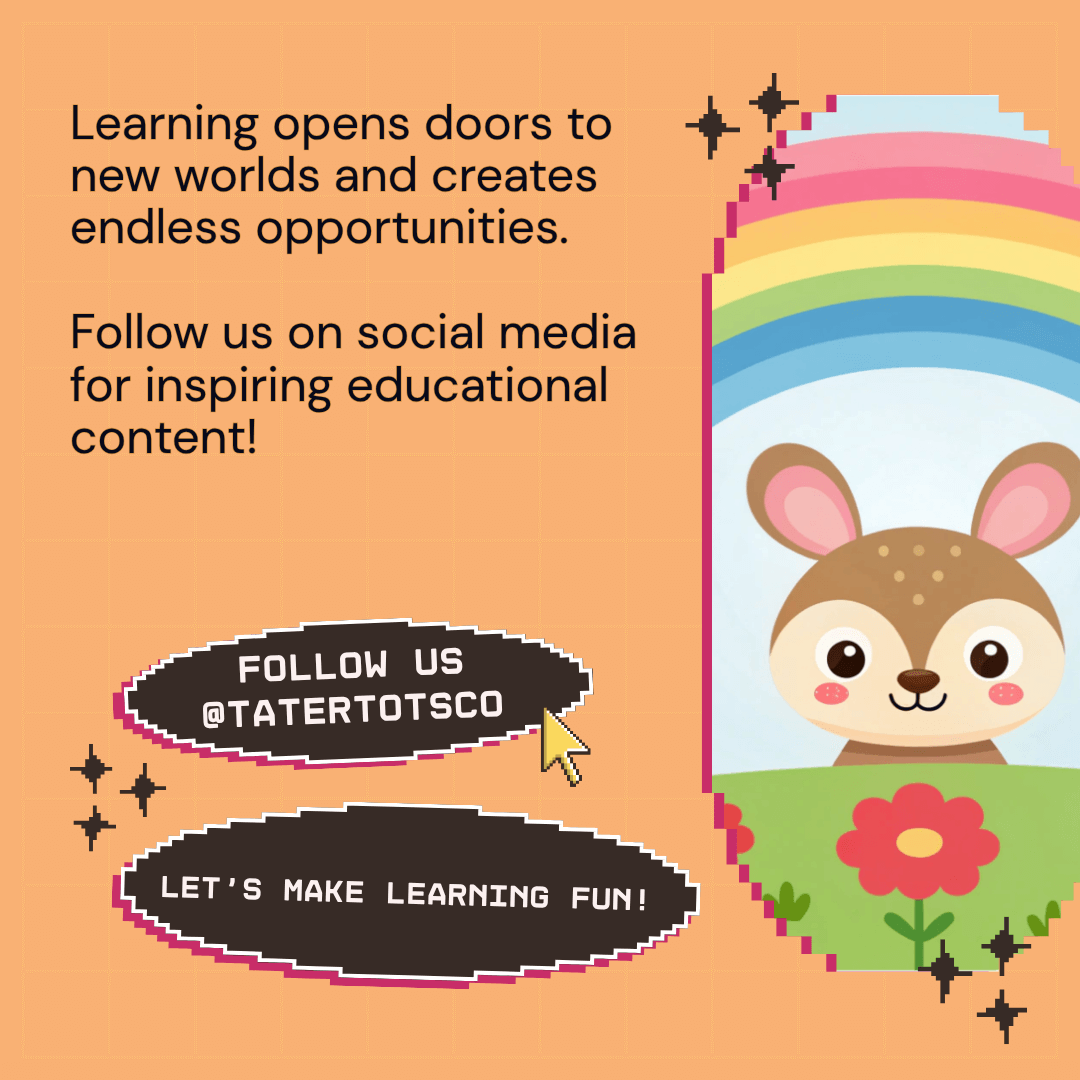
Follow us on Facebook/Pinterest for the latest blog updates, freebies, and Ukulele printables.
Subscribe to us!
Includes a FREE PRESCHOOL PREPARATORY PACK
Assess your child's readiness for preschool and know what to prepare beforehand, with printable templates included.
- Preschool Things to Bring/Pack Checklist
- What I can learn in Preschool
- All About Me toddler activity poster
- Daily activity schedule
- Preschooler's daily journal template
- Reward Chart for Behavior Management
Provide a valid email so that you can receive your freebie!
